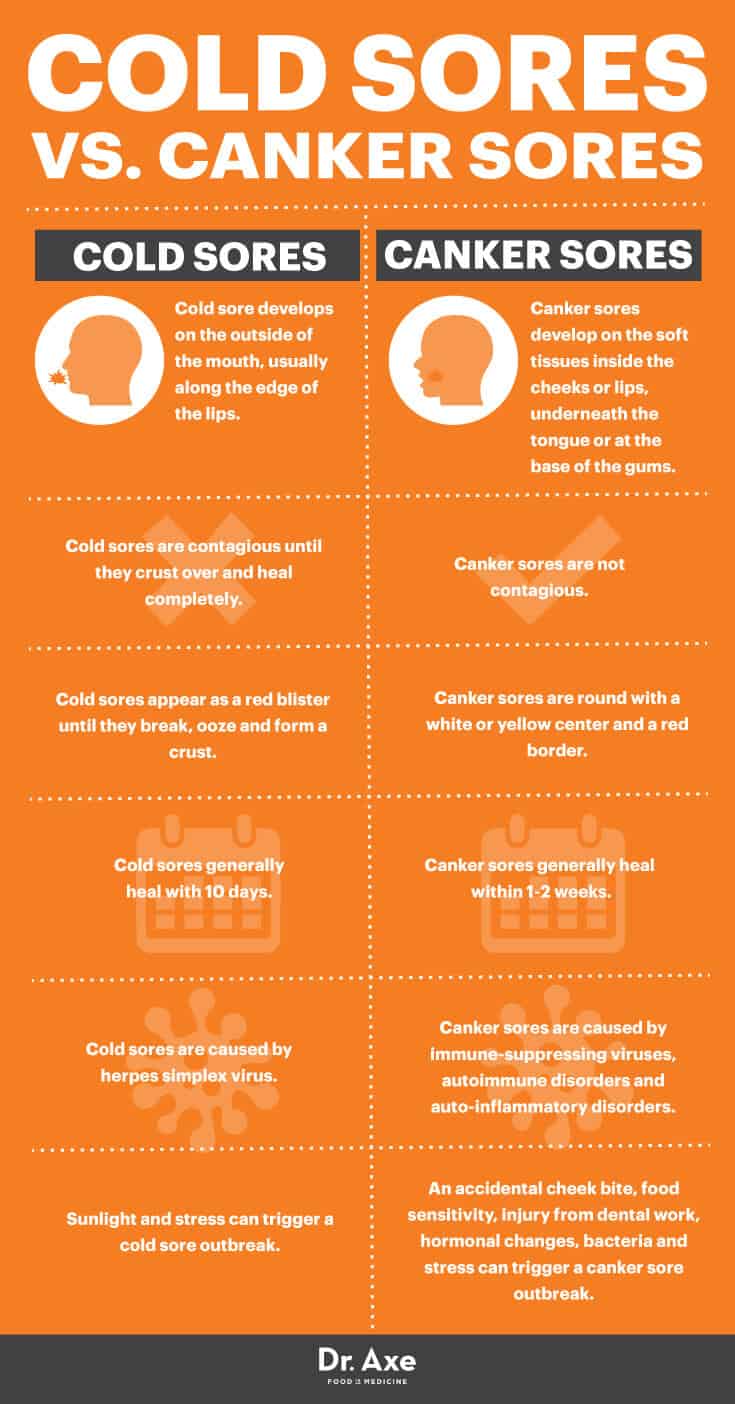10 Sore Mouth After Surgery Remedies For Faster Healing

Experiencing a sore mouth after surgery can be a challenging and painful part of the recovery process. Whether you’ve undergone a procedure like a wisdom tooth extraction, dental implant placement, or another type of oral surgery, it’s essential to prioritize your comfort and healing. Fortunately, there are several remedies and strategies that can help alleviate discomfort and promote faster recovery.
Understanding Soreness After Mouth Surgery
Before diving into the remedies, it’s crucial to understand that soreness after mouth surgery is a normal part of the healing process. This discomfort can stem from the surgical site itself, swelling, or the body’s response to the trauma caused by the surgery. Managing this soreness effectively can significantly impact your overall recovery experience, making it easier to eat, speak, and return to your daily activities sooner.
Remedies for a Sore Mouth After Surgery
Cold Compresses: Applying a cold compress to the outside of your mouth near the surgical site can help reduce swelling and ease pain. Wrap an ice pack or a bag of frozen peas in a cloth to avoid direct contact with your skin, and apply it for 15-20 minutes at a time, with breaks in between.
Salt Water Rinse: Rinsing your mouth with warm salt water several times a day can help reduce swelling, ease pain, and fight infection. Mix 1⁄2 teaspoon of salt with 8 ounces of warm water, swish it around your mouth, and then spit it out. Do not swallow the salt water.
Soft Foods: Eating soft foods can help minimize discomfort and prevent irritating the surgical site. Opt for foods like yogurt, scrambled eggs, mashed potatoes, and soups. Avoid hot, spicy, or hard foods that can cause irritation or delay healing.
Over-the-Counter Pain Medications: Your dentist or surgeon may recommend over-the-counter pain medications like ibuprofen (Advil, Motrin) or acetaminophen (Tylenol) to manage pain and inflammation. Always follow the recommended dosage instructions and consult with your healthcare provider before taking any medication, especially if you have any health conditions or take other prescription medications.
Rest and Hydration: Getting plenty of rest and staying hydrated are crucial for your body to heal properly. Aim to drink at least 8-10 glasses of water a day, and avoid strenuous activities for a few days after surgery.
Warm Compresses: After the initial 24 hours, you can switch to warm compresses to help loosen up any stiffness in your jaw and promote healing. Soak a washcloth in warm water, wring it out, and apply it to the affected area for a few minutes at a time.
Avoid Smoking and Alcohol: Smoking and consuming alcohol can significantly delay the healing process and increase the risk of complications. It’s best to avoid these substances entirely during your recovery period.
Follow Post-Surgery Instructions: Your dentist or surgeon will provide you with specific post-surgery instructions tailored to your procedure. Following these instructions closely is key to a smooth and successful recovery.
Gel Packs or Cold Gel Masks: Specialized gel packs or cold gel masks designed for oral surgery can provide targeted cold therapy to reduce swelling and pain. These can be more comfortable and convenient than traditional ice packs.
Maintain Good Oral Hygiene: While it might seem counterintuitive, keeping your mouth clean can help your surgical site heal faster. However, be gentle and follow any specific oral hygiene instructions provided by your healthcare provider to avoid irritating the site.
Additional Tips for Faster Healing
- Stay on Top of Your Medications: If your healthcare provider prescribes antibiotics or pain medications, take them as directed to prevent infection and manage pain effectively.
- Attend Follow-Up Appointments: Your follow-up appointments are crucial for your healthcare provider to assess your healing progress and address any potential issues early on.
- Keep Your Head Elevated: When resting or sleeping, keep your head slightly elevated with extra pillows to reduce swelling and promote drainage.
Conclusion
Recovering from mouth surgery requires patience, careful attention to your body’s needs, and adherence to your healthcare provider’s instructions. By incorporating these remedies and tips into your recovery routine, you can help minimize soreness, promote faster healing, and get back to your normal activities sooner. Remember, everyone’s healing process is unique, so if you have any concerns or experience severe pain, swelling, or other unexpected symptoms, don’t hesitate to reach out to your healthcare provider for guidance.
How long does it typically take for the soreness to subside after mouth surgery?
+The duration of soreness after mouth surgery can vary depending on the type of procedure and individual healing processes. Generally, significant improvement is seen within 3-5 days, but it may take up to a week or two for the soreness to completely subside. It’s essential to follow your healthcare provider’s instructions and attend follow-up appointments to ensure proper healing.
Can I use any mouthwash after surgery, or are there specific recommendations?
+After mouth surgery, it’s generally recommended to avoid using regular mouthwashes that contain alcohol or harsh ingredients, as they can irritate the surgical site. Instead, your healthcare provider may recommend a mild, antibacterial mouthwash or a salt water rinse to gently clean the area and promote healing. Always follow their specific advice on oral hygiene post-surgery.
Are there any foods that I should completely avoid during the recovery period?
+Yes, during the initial recovery period, it’s best to avoid foods that are hot, spicy, hard, crunchy, or sharp, as they can irritate the surgical site, cause discomfort, or even lead to complications. Opt for soft, cool, and gentle foods that are easy to chew and swallow. Your healthcare provider can offer personalized dietary advice based on your specific procedure and healing progress.
What are the signs of infection or complications after mouth surgery that I should look out for?
+Signs of infection or complications can include increased pain, swelling, or redness around the surgical site, fever, discharge or pus, difficulty swallowing, or a bad taste in the mouth. If you experience any of these symptoms or have concerns, it’s crucial to contact your healthcare provider right away. Early detection and treatment of any issues can significantly impact your recovery and overall health.
Can I resume my normal activities immediately after surgery, or is there a recommended rest period?
+It’s generally recommended to take it easy for at least 24-48 hours after surgery, avoiding strenuous activities, bending, or heavy lifting. Resting and keeping your head elevated can help reduce swelling and promote healing. Your healthcare provider can offer guidance on when it’s safe to resume your normal activities based on your procedure and recovery progress.



